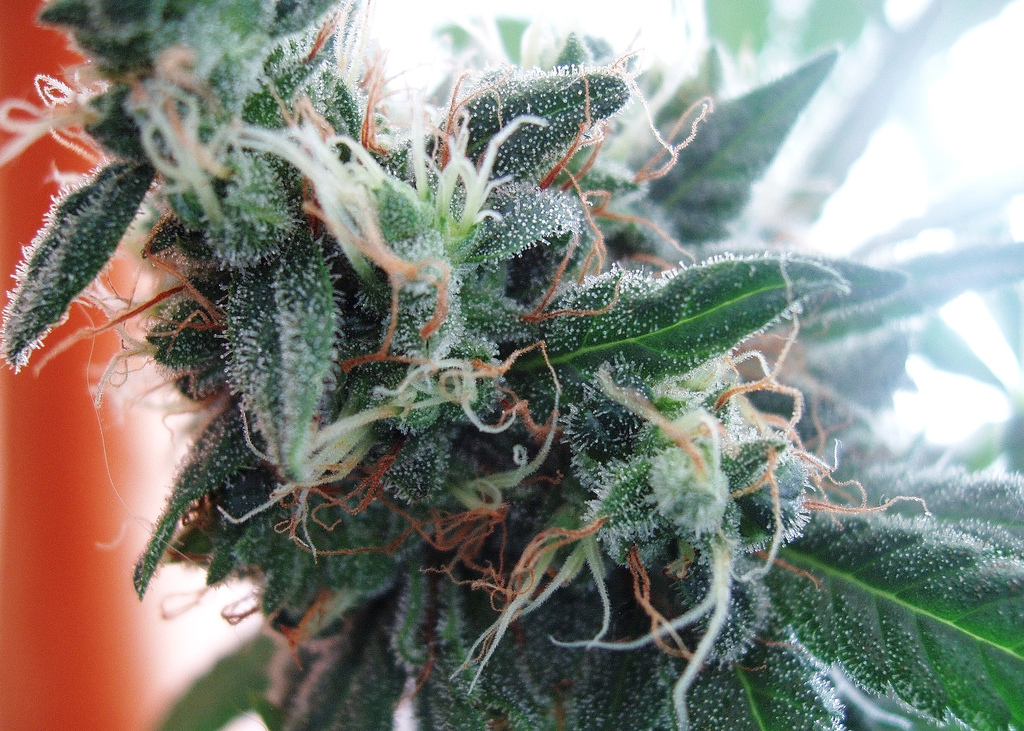According to federal law, marijuana is a highly-dangerous drug. The DEA lists it as a schedule 1 narcotic, meaning that it has no federally-recognized medical properties. And until recently, though nearly half the states in the country have adjusted state laws to allow for medical marijuana programs, the federal government has remained inflexible on the issue, despite surmounting legalization and awareness efforts nationwide.
In Colorado, where buying a sack of weed is as easy as buying a bottle of scotch, some have questioned why cannabis research hasn’t become commonplace since the state’s marijuana-legalizing Amendment 64. “It remains illegal under federal law for any person to import, manufacture, distribute, possess, or use marijuana,” explains one memo from the University of Colorado’s president, and “Conducting unapproved marijuana-related research could adversely affect the University of Colorado’s ability to seek federal research funding or federal financial aid.”
Ultimately, researchers wishing to study marijuana can only do so at the grace of the National Institute on Drug Abuse (NIDA), no matter cannabis’ incredibly commonplace accessibility.
Appeasing federal bureaucracy on this issue has proven to be difficult, but not impossible. In a letter delivered earlier this month, the U.S. Department of Health and Human Services finally signed off on one determined research group’s request to study medical marijuana. The research team is called the Multidisciplinary Association for Psychedelic Studies (MAPS), and several scientists from the group have been pushing for years to get this experiment approved. NIDA has continually stalled their progress until now. The group’s goal is to demonstrate that marijuana, whether it’s smoked or vaporized, has distinct medical benefits in treating U.S. veterans suffering from PTSD.
When considering the feds’ long-overdue submission, MAPS communications director Brad Burge concludes, “It really is a concrete advance in how the U.S. federal government is approaching medical marijuana drug development research.” At least some part of the federal government is finally demonstrating awareness of the DEA’s absurdly-high classification of cannabis, and this ruling “clears the way for marijuana to actually be a prescription drug.”
“The idea is to get marijuana – the whole plant – approved as a prescription drug that physicians can then prescribe,” Burge explains, because right now doctors simply can’t go further than just recommending medical marijuana, and even that puts both doctor and patient at risk of federal prosecution.
Call me an optimistic observer, but this advancement may be the first of many political victories for the medical marijuana community and cannabis industry as a whole: if the feds are willing to allow medical research on a substance supposedly as dangerous and addictive as heroin or PCP, something has certainly changed for the good. And if it so happens that cannabis, a purely natural substance, is proven capable of actually replacing swaths of pharmaceutical chemicals and controversial prescription drugs, I believe we can trust in the already-riled American public to be truly scrambling to demand marijuana’s federal declassification.
Sources:
http://www.leafscience.com/2014/03/18/u-s-government-clears-way-medical-marijuana-research/
http://www.leafscience.com/2014/03/12/marijuana-still-limits-researchers-colorado/
Photo Credit: Lenny Montana
Get daily cannabis business news updates. Subscribe
End


